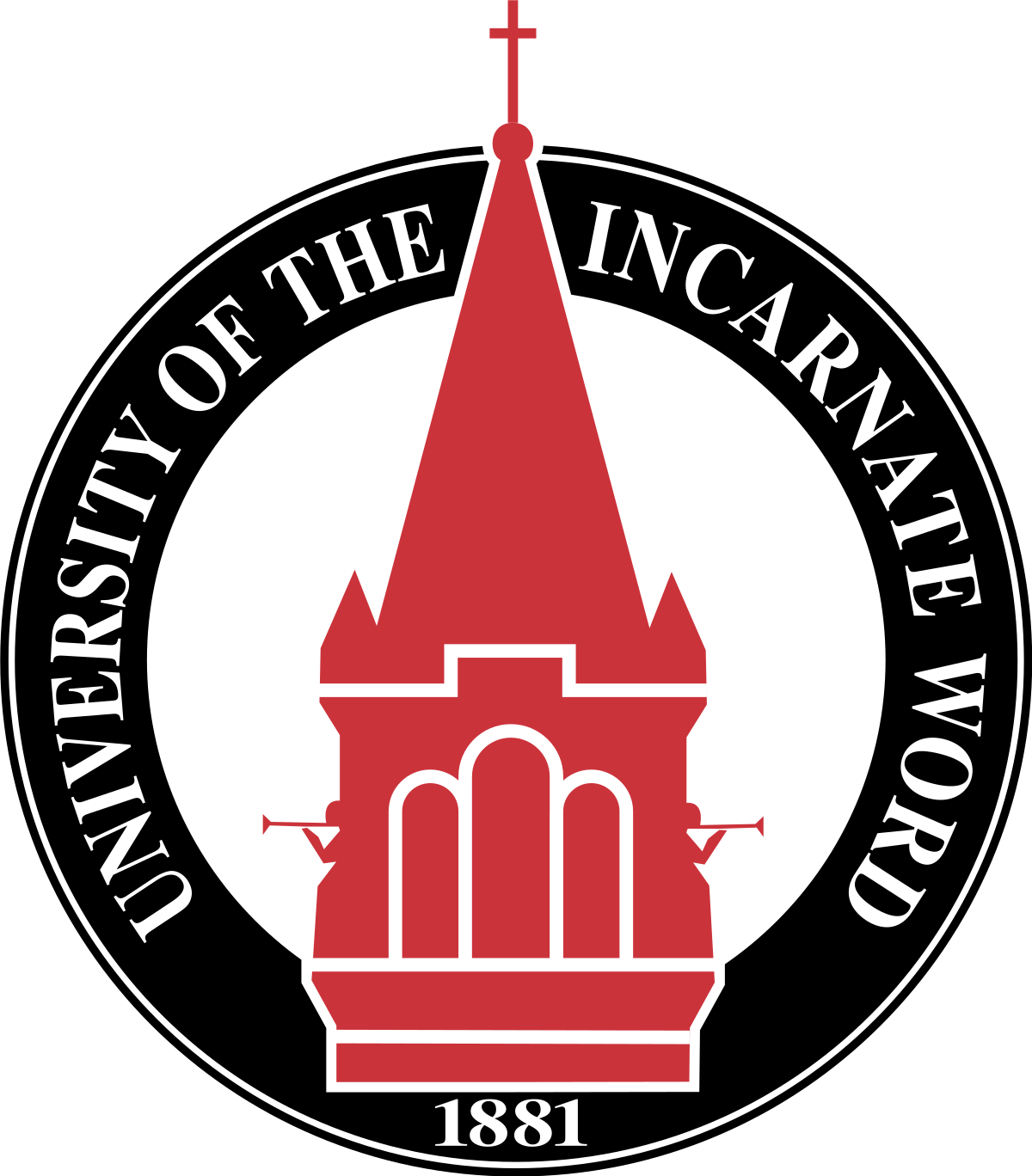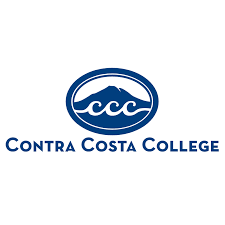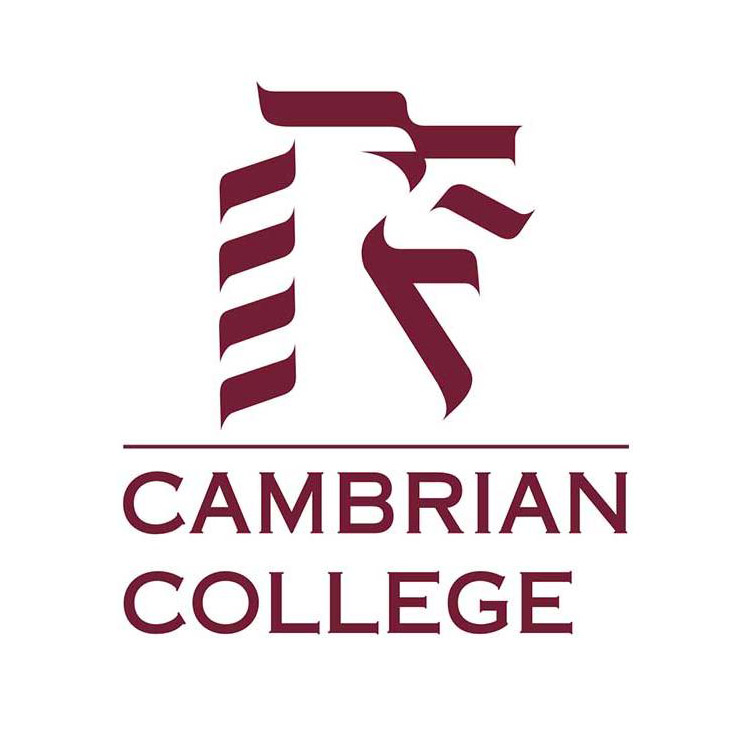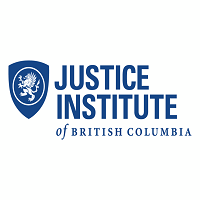How to Become a CPA in Canada
Accounting related jobs are one of the most in demand in Canada. If you check the job search engines available online, you will certainly see multiple listings of vacancies for a payroll assistant, account receivables clerk, bookkeeper and the likes. The Chartered Professional Accountants of British Columbia - CPABC also stated that it is estimated that over 40,000 accounting jobs will be created in BC by the year 2029. According to Glassdoor, the average bookkeeper salary in Vancouver, Canada is $52,000 per year which gives us an estimate of $27 hourly rate. That being said, many people are enticed to pursue accounting related courses.
However, many people don't want to settle for an accounting clerk job and are still interested in getting the CPA designation to upgrade their skill and career opportunities and their potential to earn more. Based on CPABC, the average starting salary of a CPA starts at $74,000 and an average overall median salary of $116,000. Quite attractive, right? If you are interested, below are the requirements on how you can get your CPA designation in Canada, particularly in British Columbia.

1. An Undergraduate Degree
Regardless of the degree or major, an undergraduate degree equivalent to 120 course credits is the basic requirement for becoming a CPA. It may or may not be a domestic degree which means that international students are also qualified. Please note however that for international students, a credential evaluation report by a Canadian third party is required.
2. Prerequisite Courses
There are a number of prerequisite courses needed to become a CPA such as courses in Economics and Business Statistics to name a few. A candidate may not be required to take these courses if they have earned it in their undergraduate degree but a transcript assessment is necessary to be sure that the applicant is qualified to be exempted.
3. Work Experience
Aside from the required education, to have a CPA designation in British Columbia, a successful applicant must have a relevant work experience of at least 30 months. Full-time and part-time jobs as well as co-op will all be counted for this one. The past 12 months will also be part of the consideration of the 30 months work experience.
4. CPA Professional Education Program (PEP)
To ensure that the students are prepared for the critical functions of a CPA, the CPA candidate is compelled to take PEP which is composed of core, elective and capstone modules. The Core 1 and 2 encompasses core competency programs which includes financial reporting, strategy & governance, management accounting, audit & assurance, finance and taxation. Elective 1 and 2 could be either performance management, assurance, tax or finance unless you are a public accounting applicant wherein tax and assurance are the mandatory electives. Capstone 1 and 2, on the other hand, is all about case writing which is the application of all the learnings from the other modules and is preparatory for the Common Final Exam (CFE). PEP could be taken in the three different programs below.
Fast Track - This will enable the applicant to complete the PEP program in just 4 months by studying full-time for the core and elective modules.
Regular Module - The standard length of time to complete a module is 8 weeks for the normal route. This is for people who can manage to combine work and devote their evenings and weekends to studying.
Extended Core and Extended Elective Module - Some candidates may opt to take this option especially if they have other commitments as this will allow them to finish one module in 16 weeks instead of the usual 8 weeks.
5. Common Final Exam (CFE)
This is the final step to becoming a CPA which will test all the learnings acquired by the student through education and experience. This exam is usually held for 3 days every May and September.
Still having second thoughts on your plan to pursue accounting in Canada? Global Study Guide’s consultants can definitely enlighten you with the proper guidance you need on how to go through the process. Reach out to one of their advisors now!




















Comments (0)